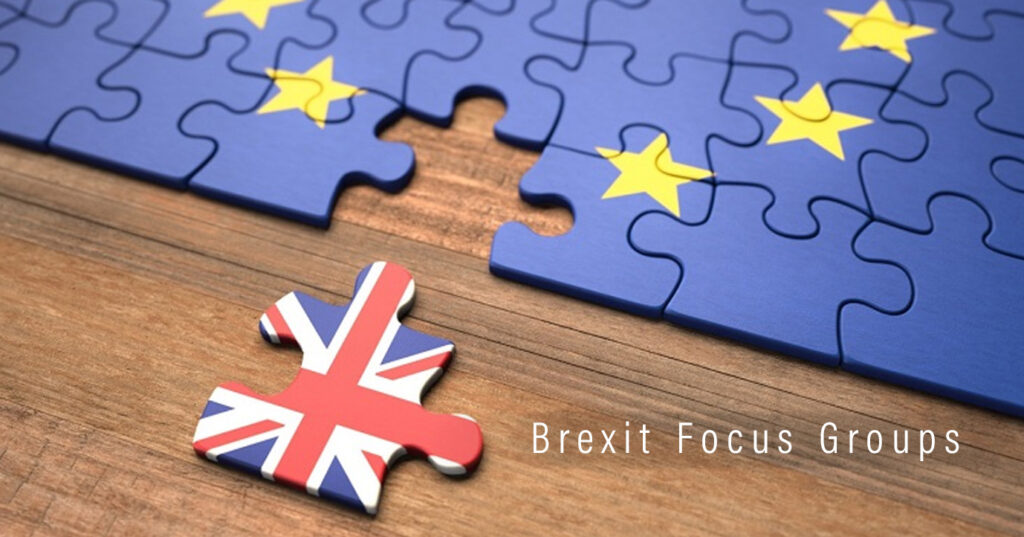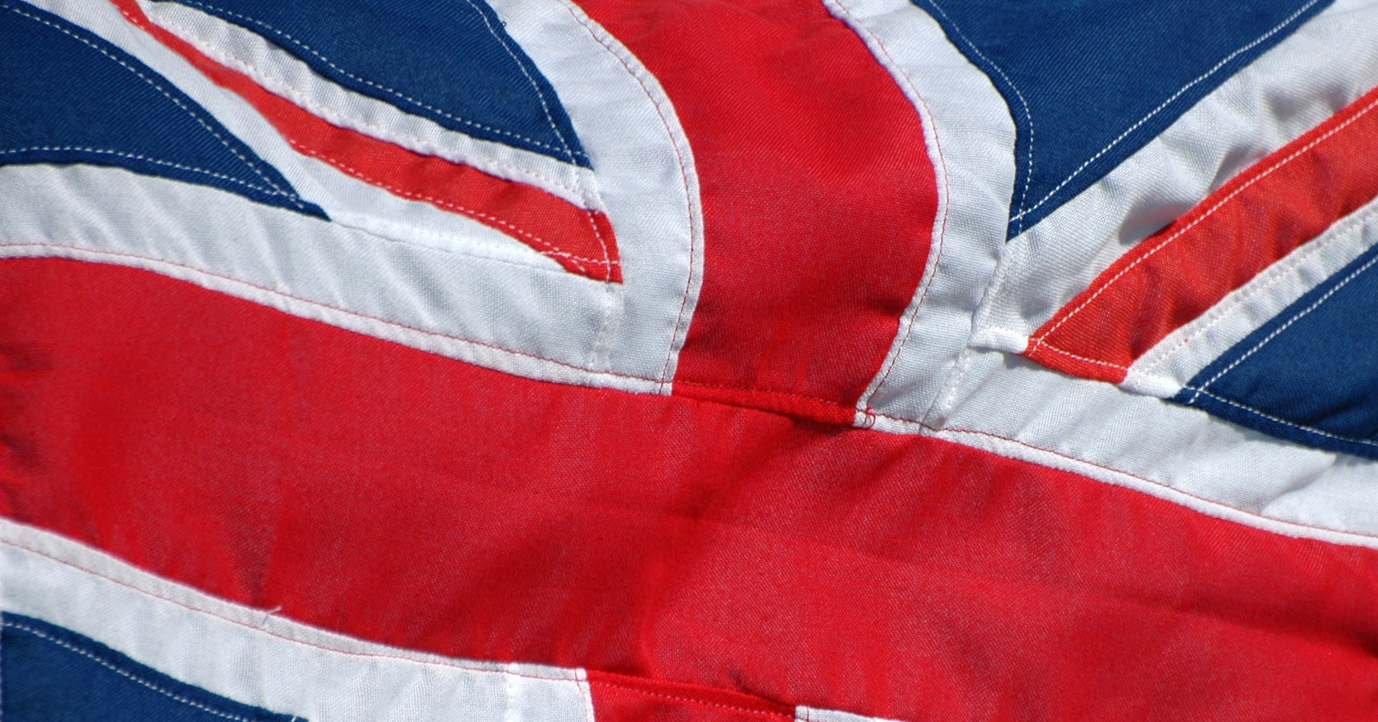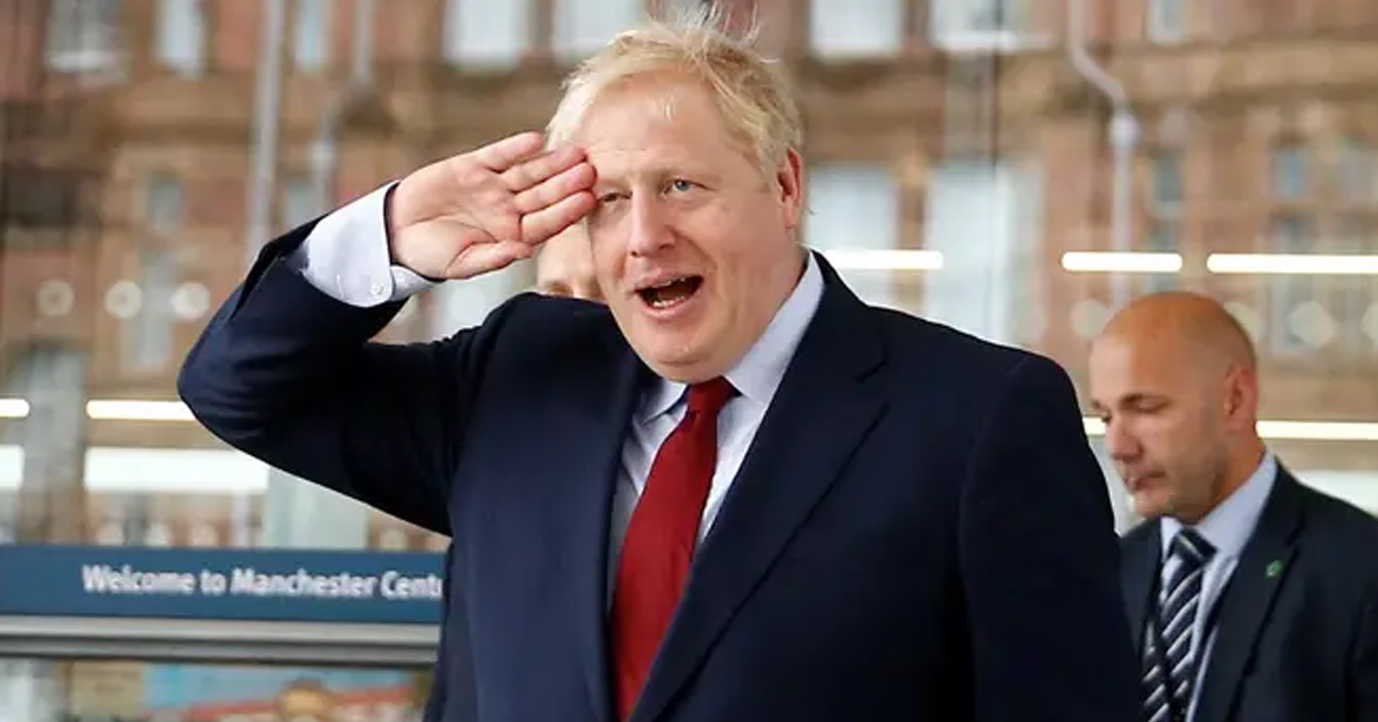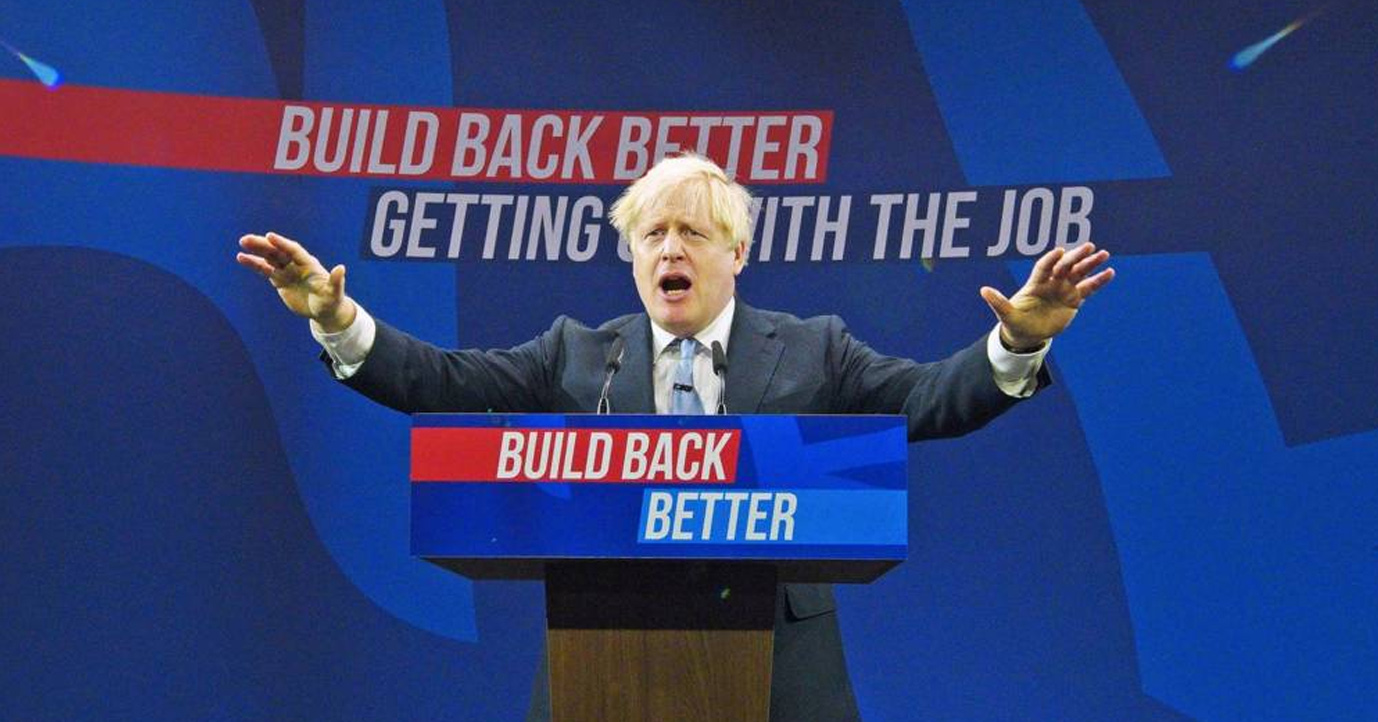
My latest focus groups looking at how other Europeans see Britain and its place in the EU took place in the capital of one of our closest neighbours. It is sometimes said that the Dutch are more similar to the British than any of the other inhabitants of Europe. How much did our Amsterdam participants think the two countries had in common?
“Well, they drive on the wrong side of the road.” Actually, everybody else does. “But we have the same ideals. We think the way they do.” “It’s close by, and London feels like Amsterdam. It’s multicultural.” Some argued that “we have more equality here… in Britain the gap between rich and poor is very big. If you have a lot of money you go to a private school, if not you go on social security.”
The British were also more attached to their traditions: “Have you seen how they vote in their parliament? ‘Ayeeee!’ It’s like a hundred years ago.” Also “they’re drunk as hell. They’re always getting kicked out of hotels.” Still, at least the British were not like some others: “They are polite and welcoming. So it’s different from France.”
“They’re drunk as hell. They’re always getting kicked out of hotels.”
A cosy country
Our groups’ view of domestic prospects also largely mirrored that of many in Britain. Though the economy was undoubtedly recovering from the crisis, growth sometimes seemed more evident in the figures than in people’s day-to-day experience: “You hear it’s getting better but when you talk to people you don’t hear that positivity… People have debts, they don’t have money to save.” Another refrain was strangely familiar: “They say we’re doing well, but they always do before elections.” Though more jobs were available, security and long-term opportunities, especially for young people, seemed harder to come by.
Asked what was the best thing about the Netherlands, people in both groups instantly said “freedom”. There was also a feeling of “cosiness – I think it’s a cosy country.” Though generally optimistic in outlook, some felt that these things were at risk. There were concerns about both the refugee crisis and migration from within the EU (“they all live together in holiday parks. You only see Polish men, the families are back in Poland. You’d rather see them integrate”). But for our groups, the threat did not come from these things directly as much as from the political response to them: “Wilders [founder and leader of the Party for Freedom] is going on about Muslims. He just shouts, there is no content, and he doesn’t have a solution. Even if I agreed with him I wouldn’t vote for him. I’d be scared he’d start a war. He’s like Trump or Le Pen;” “People are making extreme choices. They are fully to the left or fully to the right. I hope we will start thinking together again in the future.”
Like Switzerland, but an island
Where our groups did see a difference between Britain and their own country was in their respective approaches to Europe, or at least that of their leaders. “I wish we were more like the UK. We’re just following the crowd;” “David Cameron has made a fist at Europe and is clear about what he wants and is ready to fight. Rutte [the Dutch PM] is just so meek. He just does what they say in Brussels;” “You have the feeling that Rutte is like the manager of the Netherlands – Europe decides and he just pushes it down our throats.”
Though they admired Cameron for his stance (“finally there is someone who stands up and gives the right example”), many felt his approach was characteristic of Britain: “they are self-willed, they just do their own thing. They’re like Switzerland, but an island”.
“I wish we were more like the UK. We’re just following the crowd… David Cameron has made a fist at Europe and is clear about what he wants and is ready to fight.”
The view that Dutch leaders did not seem to stand up to EU institutions was connected to memories of the 2005 referendum in which the Netherlands rejected the proposed new constitution (even if some had only a hazy recollection of what they had been voting on): “We had a referendum and voted against and suddenly we were in. We don’t have much of a say in this country.”
Though many were looking on wistfully as Britain set about negotiating and deciding, most in our groups wanted us to stay. As a big, rich, powerful country, the UK was an asset to the EU (“Britain is the only European country with an army!”), so its departure could only damage the Union’s standing in the world. More to the point, it would make the EU a less desirable club to be part of. “If they leave, we’ll be left behind with all those losers. Belgium!”
“If they leave, we’ll be left behind with all those losers. Belgium!”
Nobody blamed Britain for trying to win a better deal, and most expected other leaders to compromise: “if you look at the efforts they made to keep Greece, they will make an effort to keep the UK.” Few objected to any of the UK’s specific demands – though as elsewhere, some thought the desired exemption from ever closer union gave the game away (“see, they don’t want to be in”). In our groups, the main concern was to ensure that any more favourable terms for Britain applied to them too.
The best behaved boy in the class
Most of our Amsterdam participants did not think their country’s EU membership was a bad thing – easier trade, open borders and a potentially bigger influence for the Netherlands were all mentioned as benefits, along with the convenience of the euro (though on the downside, “you don’t get that holiday feeling any more. When I went to Italy I had so many lire I thought I was rich”).
But it seemed to them that the Netherlands was more committed than other members to sticking to the rules, and that they had little to show for their diligence. “It’s like a classroom. You need rules. But one of the richest boys in the class, who knows the teacher, can pass with a lower grade. And the poorer ones with criminal parents get let off. We’re the best behaved boy in the class.” Sorry, which one is the rich boy? “France didn’t meet the budget deficit rules, but there was no cost. But we always hand in our homework on time.” Though the criminal parents reference is opaque, the poorer student is Greece, whose expensive failure to meet the rules to join the euro in the first place still rankled. The extended classroom metaphor also explains our participants’ reservations about new countries joining, especially Turkey: “If I thought they’d stick to the rules after they joined, I’d agree. But I don’t have that feeling.”
“France didn’t meet the budget deficit rules, but there was no cost. But we always hand in our homework on time.”
Go on, now go
Suppose that on referendum day, Britain votes to leave. Should the other members try and persuade it to stay with a sweeter package, as some Brexit campaigners suggest it will? “No. That would be kneeling too much. Forget about them;” “I’d rather they stayed, but not at all costs;” “If they want to leave, that’s fine;” “It would be very weak of the EU to say ‘oh no, we hadn’t expected this, let’s give them better conditions’.” Instead, for some, the question would then be about their own country’s position: “If they go, we should leave too”.
And so to the time-honoured final question: if Britain were an animal, what would it be? “An elephant. Reliable, peaceful, calm;” “A rhino. Powerful but dirty;” “A tiger. They bite into things and don’t let go;” “A bear. They’re strong, and make some noise;” “A unicorn. They’re unique, they can’t be compared to anything;” “A cheeky monkey. They don’t allow themselves to be ruled by anyone;” “A cat. They crap all over the place and do what they like.”
Previous focus groups in this series have been held in Warsaw and Sofia, and in Berlin and Paris.


